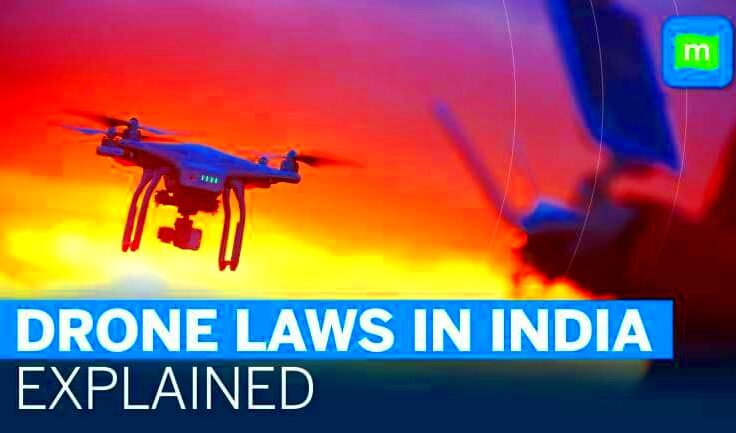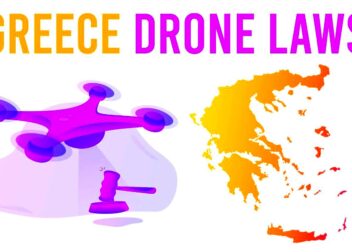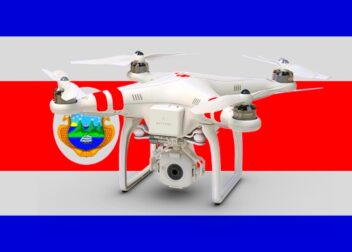Drone Laws in India Understanding the Basics
Drone technology is evolving rapidly, and with it, the need for regulations is becoming more crucial. In India, drone laws aim to ensure safe and responsible use of these flying devices. Understanding these laws helps users navigate the rules and operate drones legally, whether for recreational purposes or commercial use. This post will explore the basics of drone regulations in India, providing clarity on what is allowed and what isn’t.
History of Drone Regulations in India
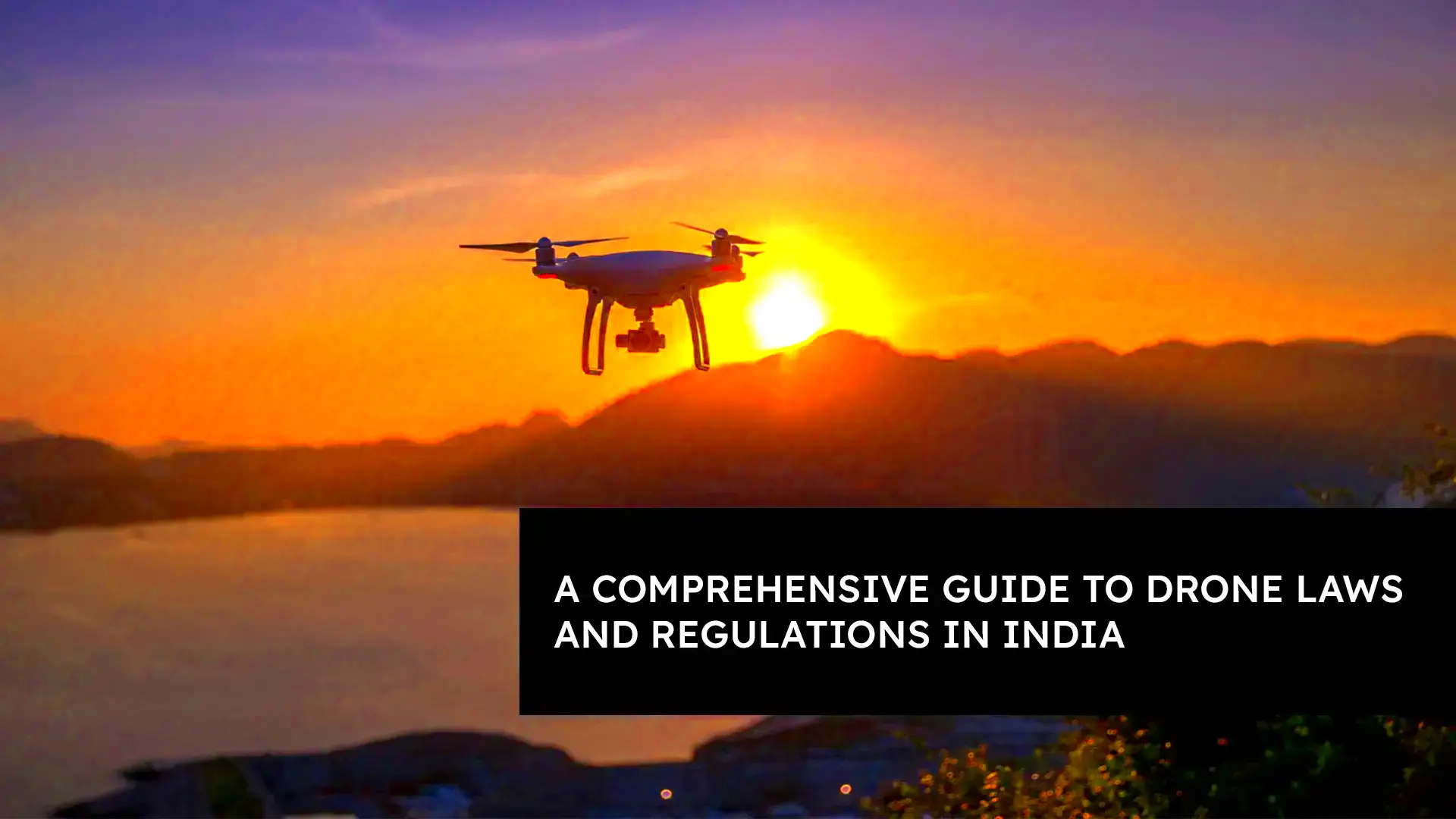
The journey of drone regulations in India began in the early 2000s, as drone technology started gaining popularity. Initially, there were no specific laws governing drone usage, which led to confusion and misuse. Here are key milestones in the evolution of drone laws:
- 2014: The Directorate General of Civil Aviation (DGCA) issued the first guidelines for operating drones in India.
- 2016: The DGCA released more comprehensive regulations, requiring drone operators to register their devices and obtain licenses.
- 2018: The government launched the Digital Sky Platform to streamline the registration process and issue permits for drone operations.
- 2021: The government revised regulations, simplifying the process and promoting the use of drones in various sectors.
This historical context helps us understand the current landscape of drone laws in India and highlights the government’s efforts to balance innovation and safety.
Types of Drones Allowed in India
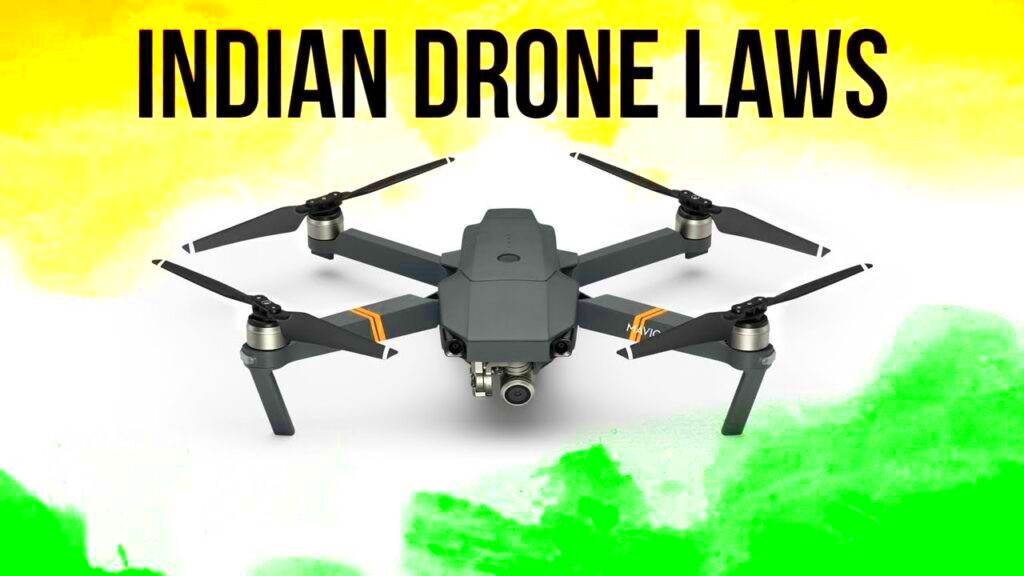
In India, drones are categorized based on their weight and purpose. Here’s a breakdown of the types of drones permitted:
| Type of Drone | Weight Category | Usage |
|---|---|---|
| Micro Drones | Less than 250 grams | Recreational and educational purposes |
| Small Drones | 250 grams to 2 kg | Commercial use for aerial photography, agriculture, etc. |
| Medium Drones | 2 kg to 25 kg | Industrial applications, delivery services |
| Large Drones | More than 25 kg | Specialized operations like surveillance and cargo transport |
Each type of drone has its own set of regulations regarding operation, registration, and usage. Understanding these categories is essential for anyone looking to fly a drone legally in India.
Registration and Licensing Requirements
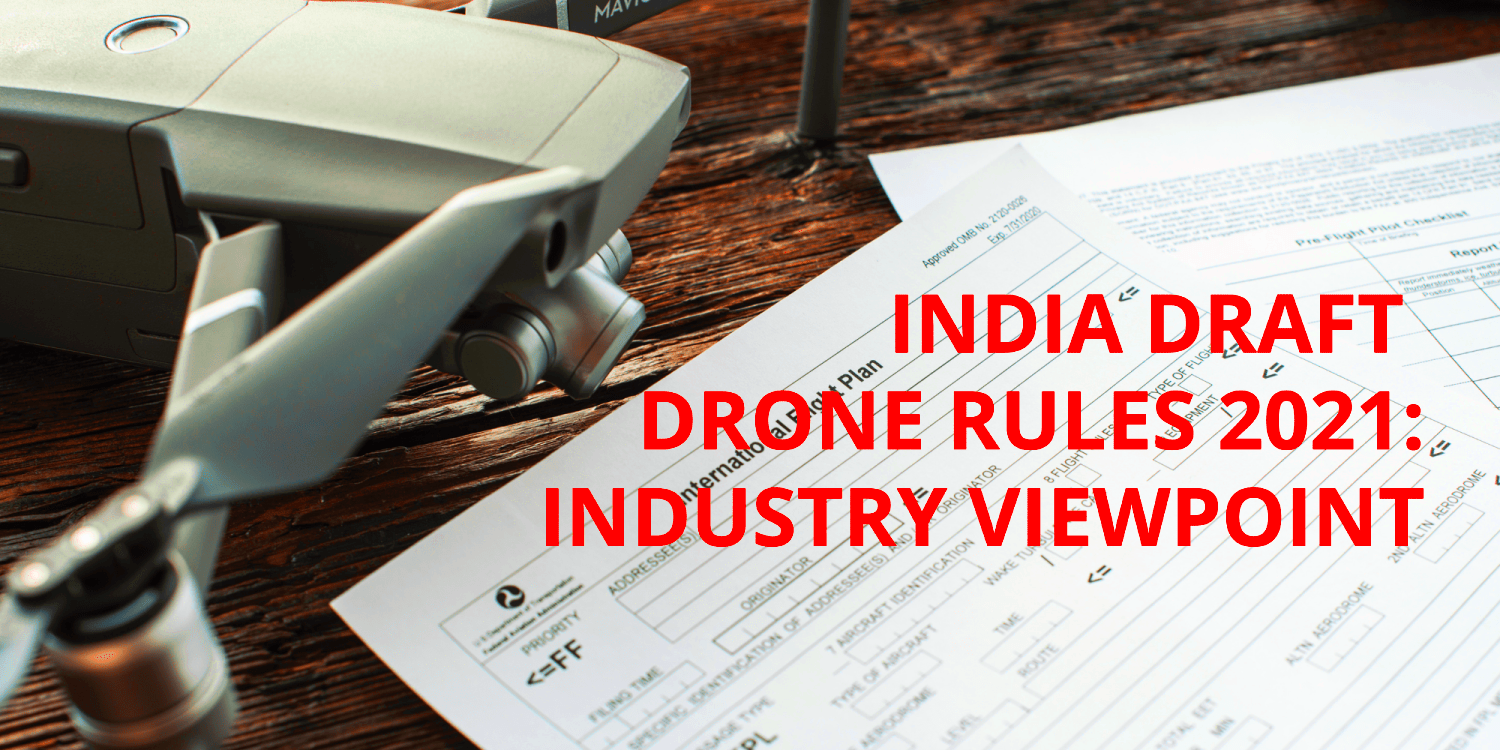
Before flying a drone in India, it’s crucial to understand the registration and licensing requirements. These regulations ensure that all drone operations are safe, legal, and responsible. Here’s what you need to know:
- Drone Registration: All drones weighing more than 250 grams must be registered with the Directorate General of Civil Aviation (DGCA). This includes commercial and recreational drones.
- Digital Sky Platform: The registration process is streamlined through the Digital Sky Platform, where users can submit necessary details and pay the registration fee online.
- Unique Identification Number (UIN): Once registered, your drone will receive a UIN, which must be displayed on the drone at all times.
- License for Operators: Drone operators must obtain a Remote Pilot License (RPL) if they plan to fly commercial drones. Training from DGCA-approved institutions is required to get this license.
- Compliance with Local Laws: Besides DGCA regulations, it’s important to check if local laws impose additional requirements for drone usage.
These steps ensure that operators are accountable and that drone usage contributes positively to society while minimizing risks.
Drone Usage Restrictions and Guidelines
Operating a drone in India comes with several restrictions and guidelines designed to promote safety and privacy. Here’s a rundown of important rules you should follow:
- Airspace Restrictions: Drones cannot be flown in certain airspace zones, such as near airports, military installations, or sensitive areas. Always check the airspace before flying.
- Altitude Limit: The maximum altitude for flying drones is generally limited to 120 meters (400 feet) above ground level.
- Line of Sight: Pilots must maintain visual line of sight with their drones at all times during operation.
- No Flying Over Crowds: Drones are not permitted to fly over gatherings of people or urban areas, to ensure public safety.
- Night Flying: Flying drones at night is generally prohibited unless specific permissions are obtained.
Following these guidelines helps avoid legal issues and contributes to the safe integration of drones into the airspace.
Safety and Security Measures for Drone Operation
Ensuring safety and security during drone operations is paramount. Here are essential measures that operators should take:
- Pre-Flight Checks: Always perform thorough pre-flight inspections, including checking battery levels, ensuring all components are functional, and reviewing the flight area for hazards.
- Use of Geofencing: Many drones come equipped with geofencing technology that prevents them from entering restricted airspace. Ensure this feature is enabled.
- Emergency Protocols: Have a plan in place for emergencies, such as loss of signal or battery failure. Know how to safely land your drone in such situations.
- Insurance: Consider getting liability insurance to cover any potential damages or accidents that may occur during operations.
- Respect Privacy: Always be mindful of privacy concerns. Avoid flying over private property without permission and respect people’s right to privacy.
Implementing these safety measures not only protects the drone and its operator but also fosters a positive relationship with the community and regulatory authorities.
Penalties for Violating Drone Laws
Understanding the penalties for violating drone laws in India is crucial for all drone operators. The government takes these regulations seriously to ensure public safety and security. Here’s what you should know about the potential consequences:
- Fines: Depending on the severity of the violation, fines can range from ₹10,000 to ₹1,00,000. For example, flying without proper registration or a pilot license can lead to hefty penalties.
- Seizure of Equipment: Authorities have the right to seize drones involved in illegal activities, which can result in loss of the device and additional legal troubles.
- Criminal Charges: Serious violations, such as endangering lives or operating in restricted areas, may result in criminal charges, which can lead to imprisonment for up to three years.
- Ban on Operations: Violators may face a ban on future drone operations, effectively preventing them from legally using drones in the future.
It’s essential for drone operators to stay informed about the regulations to avoid these penalties. Taking the time to understand and comply with the laws not only protects you legally but also contributes to safer skies for everyone.
Future Trends in Drone Regulations in India
As technology advances, drone regulations in India are evolving to keep pace with these changes. Here are some future trends we can expect in drone regulations:
- Integration with Air Traffic Management: As drone usage increases, integrating drones into the existing air traffic management system will become essential for safety.
- Enhanced Safety Features: Future regulations may require advanced safety features in drones, such as automatic return-to-home functions and obstacle detection systems.
- More Flexible Regulations: As the industry matures, we might see more flexible regulations that promote innovation while ensuring safety, especially in commercial sectors like delivery services.
- Increased Focus on Data Privacy: With the rise of drones equipped with cameras, regulations will likely emphasize protecting individuals’ privacy rights more rigorously.
- Regulations for Autonomous Drones: As technology progresses, we can expect new regulations specifically addressing the use of autonomous drones in various sectors.
These trends indicate a shift towards more comprehensive and adaptable regulations, aiming to balance innovation with public safety and security.
Frequently Asked Questions
Many people have questions about drone laws in India. Here are some of the most common inquiries:
- Do I need a license to fly a drone in India? Yes, if your drone weighs more than 250 grams and you plan to use it for commercial purposes, you need a Remote Pilot License.
- Can I fly my drone at night? Generally, night flying is prohibited unless you have special permissions from the DGCA.
- What are the weight categories for drones? Drones are categorized into micro, small, medium, and large, based on their weight, which affects registration and usage rules.
- Where can I find the latest drone regulations? The DGCA’s official website and the Digital Sky Platform provide the latest updates and information regarding drone regulations.
- Are there any specific areas where I cannot fly my drone? Yes, drones cannot be flown in restricted airspace, near airports, military zones, or crowded areas without special permissions.
These FAQs help clarify common concerns and guide operators in navigating the regulatory landscape effectively.
Conclusion
In summary, understanding drone laws in India is vital for anyone looking to operate these advanced flying devices. From registration and licensing requirements to the penalties for violations, knowing the rules helps ensure safe and responsible drone usage. The regulations are continually evolving, reflecting advancements in technology and the need for safety in the airspace. By staying informed and compliant, drone operators can enjoy the benefits of this innovative technology while contributing to a safe flying environment. As we look to the future, embracing these regulations will be essential for the responsible growth of the drone industry in India.
